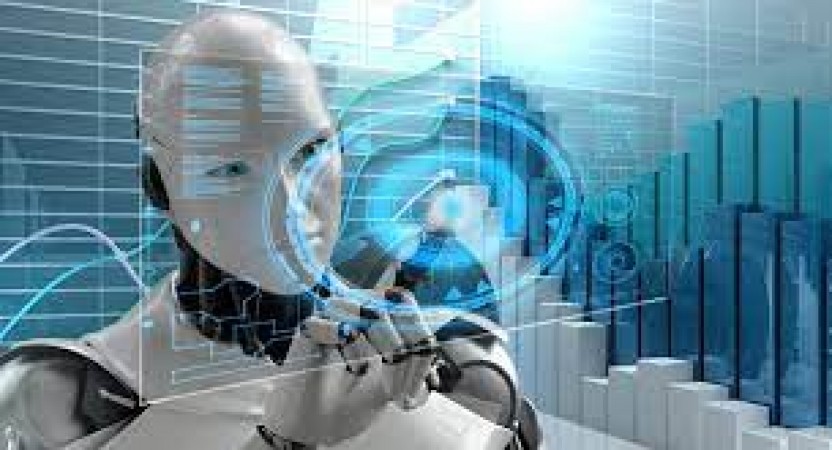
In an era marked by unprecedented technological advancements, Artificial Intelligence (AI) stands as a beacon of hope, especially when it comes to safeguarding the lives of our most precious treasures - children. From healthcare to education and beyond, AI is proving to be a game-changer, consistently emerging as a force for good. In this article, we will delve into the myriad ways in which AI is saving the lives of children around the world.
One of the most compelling ways AI is making a difference is through early disease detection. AI-powered algorithms can analyze medical data with lightning speed, enabling healthcare professionals to identify health issues in children at their earliest stages. This means timely interventions and better treatment outcomes.
AI doesn't take a one-size-fits-all approach. Instead, it tailors treatment plans to each child's unique needs. This level of personalization ensures that children receive the most effective and least invasive treatments, minimizing their discomfort and recovery time.
The digital age has brought about its own set of challenges, especially regarding child safety online. AI-driven content filtering and monitoring tools help parents and guardians protect children from harmful content and online predators.
Child welfare agencies are increasingly turning to AI to predict potential cases of neglect or abuse. By analyzing data patterns, AI can flag high-risk situations, prompting timely interventions and preventing harm to children.
In the realm of education, AI has transformed the way children learn. Adaptive learning platforms use AI to tailor educational content to each student's strengths and weaknesses, ensuring that no child is left behind.
Children with special needs benefit greatly from AI-driven tools that offer customized support. These tools can assist with communication, learning, and therapy, helping children reach their full potential.
In times of natural disasters or emergencies, AI plays a crucial role in locating missing children. Facial recognition and data analysis help reunite families during the chaos of such events.
For children living in remote areas with limited access to healthcare, telemedicine powered by AI bridges the gap. It allows them to receive medical consultations and treatment without the need for long, arduous journeys.
AI-driven early learning apps are a boon for parents. These apps engage children in fun and educational activities, aiding in their cognitive development from a young age.
AI-based ASD screening tools can detect signs of autism in children as young as 18 months old. Early diagnosis leads to early intervention, greatly improving the child's quality of life.
AI-powered smart home security systems offer parents peace of mind by monitoring the safety of their children at home. They can detect unusual activities and alert parents instantly.
AI can help prevent accidental poisoning by recognizing and alerting caregivers to potential hazards in the home, such as unsafe chemicals or medications within a child's reach.
AI-driven apps and devices assist parents in ensuring their children receive proper nutrition. These tools offer dietary recommendations and meal planning based on individual needs.
For children with food allergies, AI can help identify allergens in packaged foods, reducing the risk of allergic reactions.Artificial Intelligence is not merely a technological marvel but a lifesaver for children in countless ways. From healthcare to education, safety, and beyond, AI's impact on the well-being of our youngest generation is immeasurable. As AI continues to advance, so does its potential to safeguard and enrich the lives of children worldwide.
Building a Lunar Home: The Essentials for Human Settlement on the Moon
The successor to JWST may be NASA's next flagship space telescope
Critical Security Patches Issued for Chrome, Edge, and Firefox